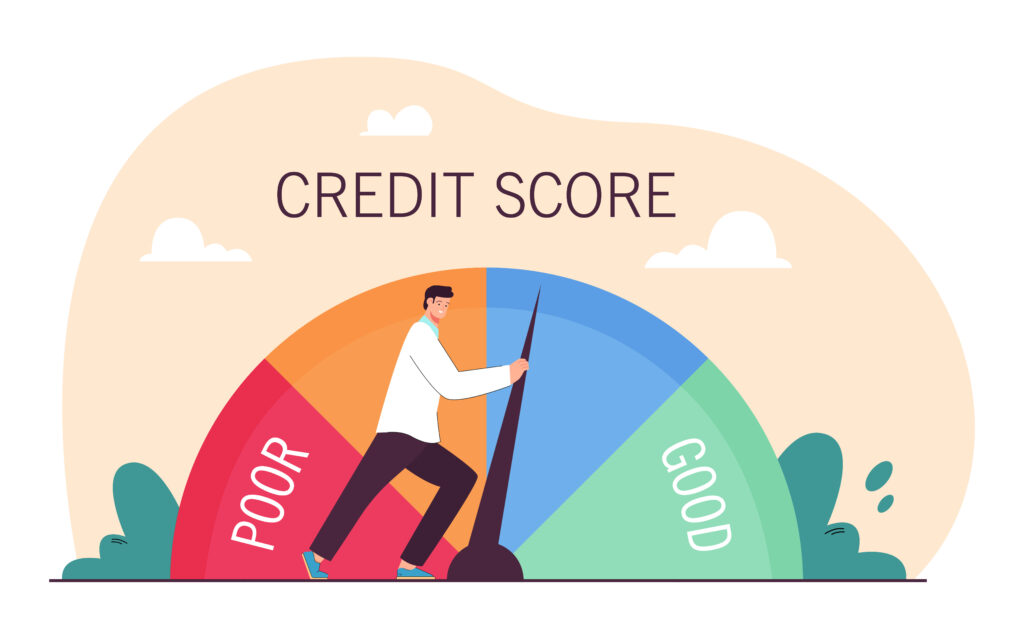Building Credit Score 2.0: Smarter Strategies for a Stronger Financial Future
Learn how to build your credit score in today’s digital world with modern, effective strategies.
Rebuilding or starting fresh? It’s time for Credit Score 2.0.
Your credit score isn’t just a number. It’s your financial fingerprint—and it matters more than ever. In the digital economy, lenders, landlords, and even some employers use credit data to gauge your reliability.
So if you want better loan offers, easier approvals, and lower interest rates, you need to understand how to build a modern credit profile.
This isn’t about outdated advice.
Credit Score 2.0 is about smarter, tech-savvy, and more intentional approaches tailored for today’s world. Whether you’re starting from scratch, rebuilding after a setback, or just looking to optimize, this is your roadmap.

Understand the Credit Score Framework
To build a better score, you need to understand what goes into it. Most credit scores are based on five key components:
- Payment History (35%): On-time payments are crucial.
- Credit Utilization (30%): Use less than 30% of your credit limit.
- Length of Credit History (15%): Older accounts help boost your score.
- Credit Mix (10%): A mix of cards, loans, and other credit types shows you’re reliable.
- New Credit (10%): Avoid too many hard inquiries at once.
Knowing this breakdown helps you focus your efforts where they matter most.
Use Technology to Your Advantage
Building credit today is easier with digital tools. Use apps that:
- Track your score for free (like Credit Karma or Experian).
- Alert you to late payments or fraud.
- Simulate how actions (like paying off a card) affect your score.
You can also automate bill payments to ensure you never miss due dates. Setting up reminders or auto-pay through your bank or credit card app can protect your payment history.
Start with the Right Products
If you’re new to credit or rebuilding, not all credit products are equal. Look for:
- Secured Credit Cards: You put down a deposit and build credit by using the card responsibly.
- Credit-Builder Loans: Offered by credit unions or fintech apps, these hold the loan in a savings account until you’ve paid it off.
- Authorized User Accounts: A trusted family member can add you to their card, helping your score if they pay on time.
- Store Credit Cards: Easier to get approved for, but use with caution due to high interest.
These can help create a credit file and generate activity without taking major risks.
Master Credit Utilization
One of the fastest ways to influence your credit score is by managing how much credit you use. Try to:
- Keep balances under 30% of your limit.
- Pay your card before the statement date, not just the due date.
- Ask for a credit limit increase—but only if your income or history has improved.
This shows lenders you can manage credit without overreliance.
Build Long-Term Credit Habits
Credit Score 2.0 isn’t a quick fix. It’s a shift in mindset. Commit to habits like:
- Using credit regularly and responsibly.
- Checking your credit report annually at AnnualCreditReport.com for errors or fraud.
- Avoiding “credit shopping sprees” that cause multiple inquiries.
- Keeping old accounts open—even if you don’t use them.
These habits build a strong and consistent credit profile over time.
Monitor and Adjust Regularly
Just like physical health, your financial health requires monitoring. Check your score monthly. Review your credit report every few months. If something doesn’t look right, dispute it quickly.
Also, be ready to pivot. If your income changes or a new financial goal arises, adjust your credit strategy to stay aligned with your overall plans.
Think Bigger Than the Score
A good credit score opens doors. But don’t obsess over the number. Instead, focus on the behaviors behind the score: reliability, planning, and control. These are what lenders—and life—really reward.
Building Credit Score 2.0 means using the tools of today with the discipline of tomorrow.
Final Thought
Your credit score is dynamic—it grows with you. With smarter habits, the right tools, and a commitment to consistency, you can build a score that supports your dreams and protects your future.





